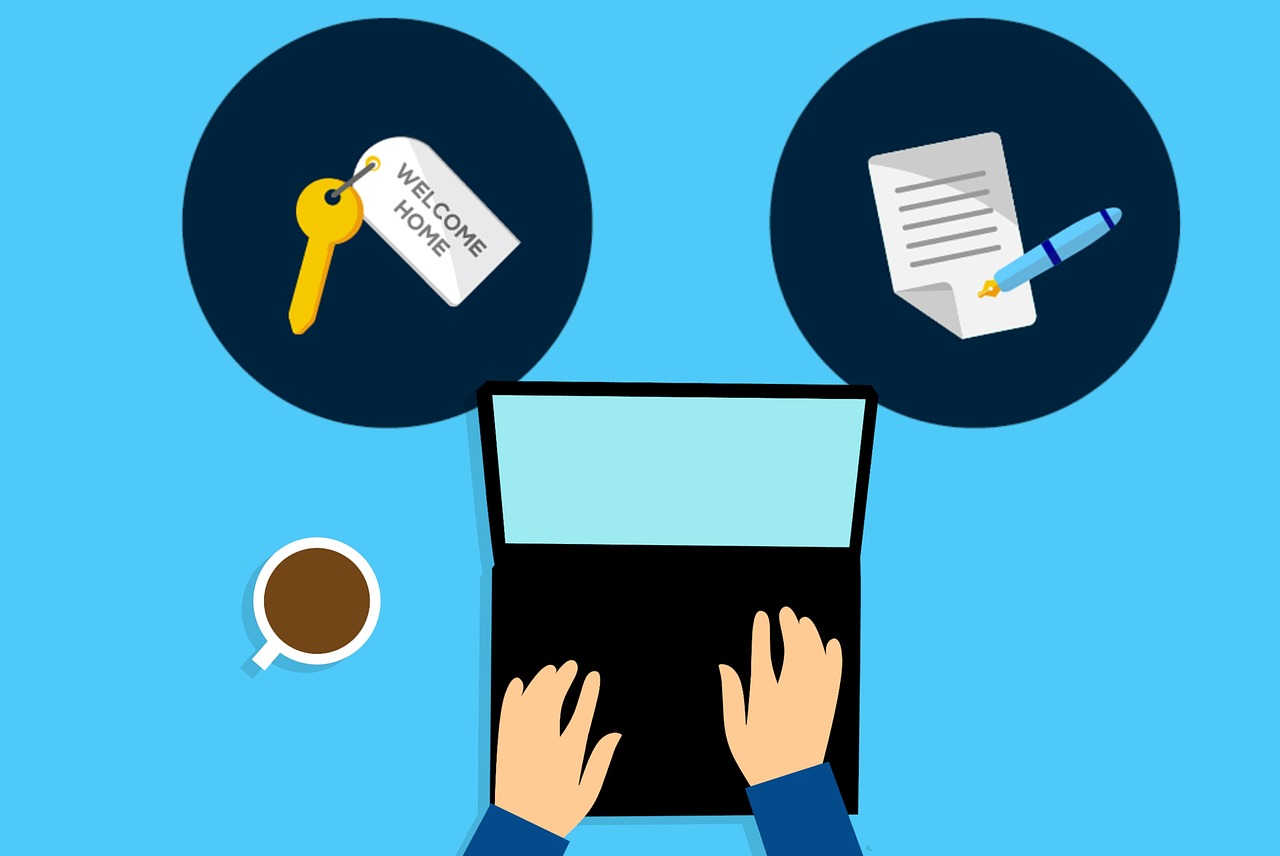
Buying a home is a big decision, so before you take the leap you should decide if you are actually ready to buy a home. How do you know if you are ready? We recommend you start by answering a few questions.
Questions To Ask Before Buying A Home
1. Are You Planning Any Major Life Changes?
Do you plan on changing jobs or even careers in the near future? What about starting a family? Buying a house is a long-term commitment, meaning you need to do your best to predict what your future will hold. Renting is beneficial when your life has some volatility because you can easily move for a new job or find a cheaper place without having to list a home on the market.
2. Can You Commit To Stay For 5-10 Years?
Houses are amazing investments, but only if you live in them for a long period of time. Having to sell a house 18 months after you purchased it is an easy way to lose a lot of money. You don’t have to live in the house you buy forever, but make sure you can commit to at least the next five years.
3. Do You Have A Stable Form Of Income?
Creditors like to see that you have had the same job for at least two years. This shows them that you have a stable source of income and can be trusted to make the mortgage payments each month.
4. Are You Confident You Can Handle House Repairs?
First time home buyers often overlook the amount of work it takes to maintain a home. It will definitely make you appreciate the apartment complexes you lived in. While you can certainly hire professionals to fix major problems, chances are you will have to roll up your sleeves and make minor repairs in your new home. If the thought of this scares you, continuing to rent might make more sense.
5. Have You Saved Enough For A Down Payment?
Down payments are one-way lenders protect themselves. It also is a great way to see if you are ready, financially, to buy a home. A 20% down payment is recommended, but lenders will accept much less. The bottom line is this: if you don’t have enough for the down payment, you can’t buy a house.
6. Do You Have Good Credit?
What is your credit score? A low credit score will mean significantly higher interest rates. Over the course of your mortgage, this could be the difference in $100,000+. If your credit score is a little low, that is ok. We recommend that you improve your credit score before applying for a loan. You can increase your score in a short period of time with proper guidance and discipline. The wait will be worth it.
Pro-Tip: Evaluate the outstanding credit you have and when you plan to pay it off by. This can be student loans, car payments, etc. Paying these debts off prior to buying a house can improve your credit score and make it much easier to pay your mortgage payments.
7. Are You Tired of Renting?
Why do you want to buy a home? Is it because all of your friends have homes? Or because you have been told it is the best investment you can make? If you love renting you should consider if you are ready for or even want to make the leap to homeownership. Maybe you can do both. Plenty of American’s own homes that they rent to other people while they continue to rent themselves. This allows them to invest in real estate while enjoying the benefits of renting. Speaking of benefits, how does buying vs renting stack up?
Renting vs Buying
Renting Benefits:
- Not responsible for maintenance and repairs
- No homeowners insurance
- No property taxes
- Easier to move if necessary
Buying Benefits:
- No landlord means you can make the necessary changes to make your house a home
- Monthly mortgage payments are tax deductible
- Stable monthly mortgage payments that don’t go up as the market changes
- Building wealth
Determining Your Down-Payment
How much you need for a down payment depends on the type of loan and how much the house costs, but the more you can put towards a down payment, the lower your monthly payment can be and the more you’ll save on interest. Traditional loans typically require a down payment of at least 5% of a home’s price. FHA loans require as little as 3.5%.
Along with your down payment, you will have to pay closing costs, or fees associated with processing and securing your loan. These can vary depending on the price of the house and the type of mortgage, but estimate between 2% and 5% of the home’s value.

Recent Comments